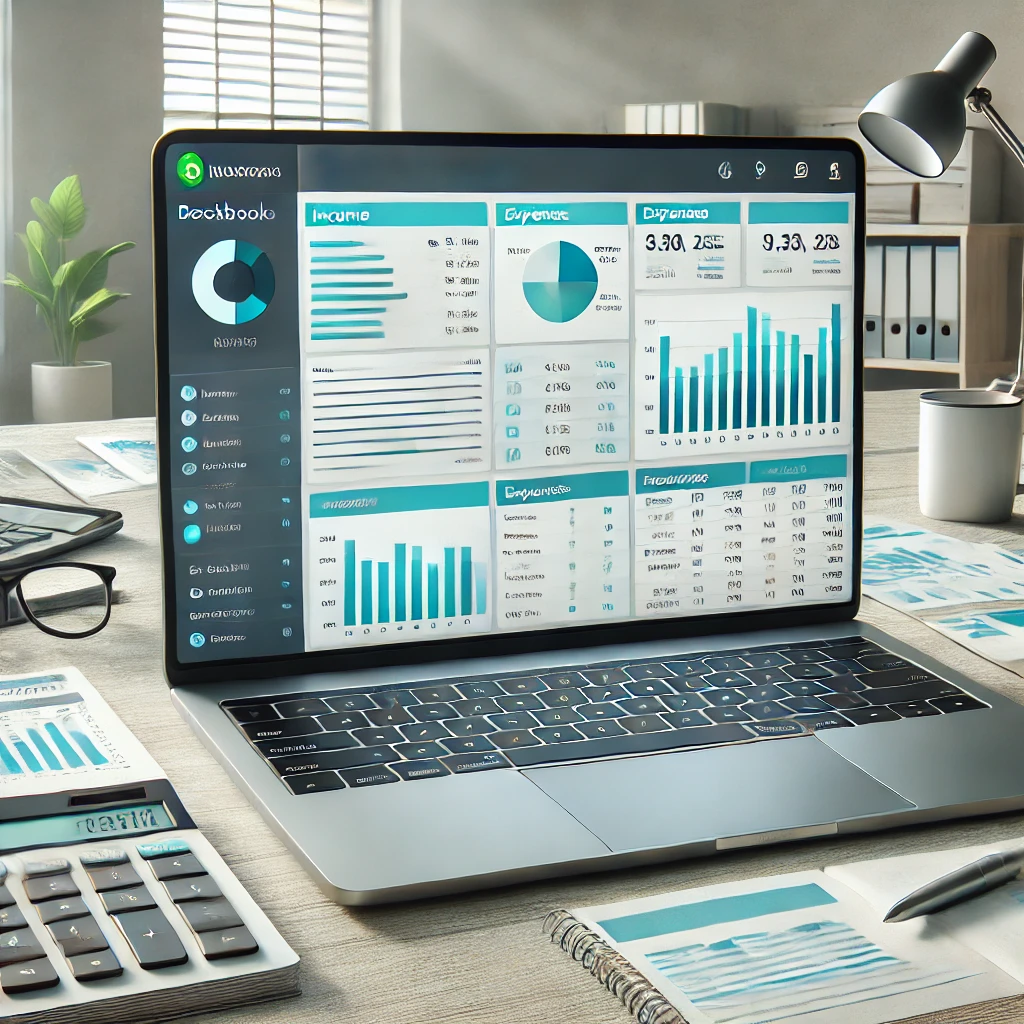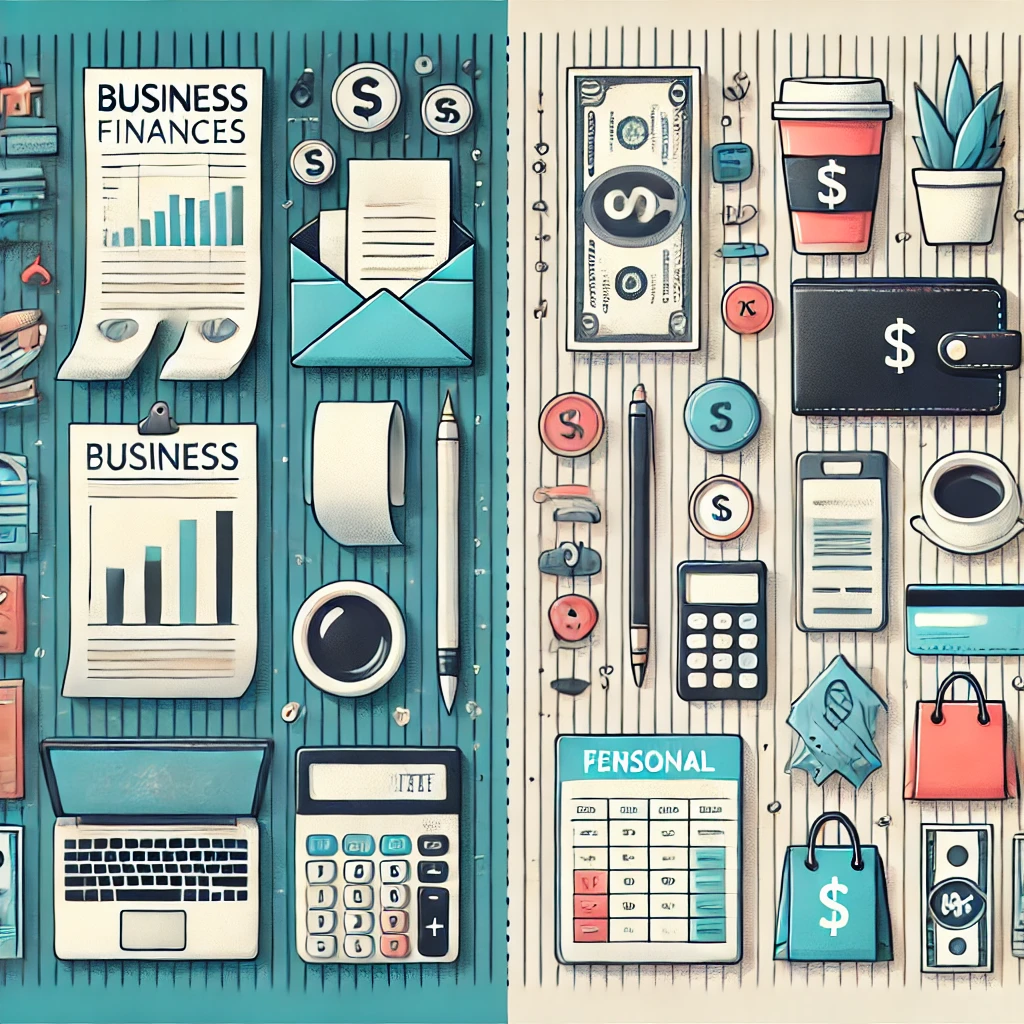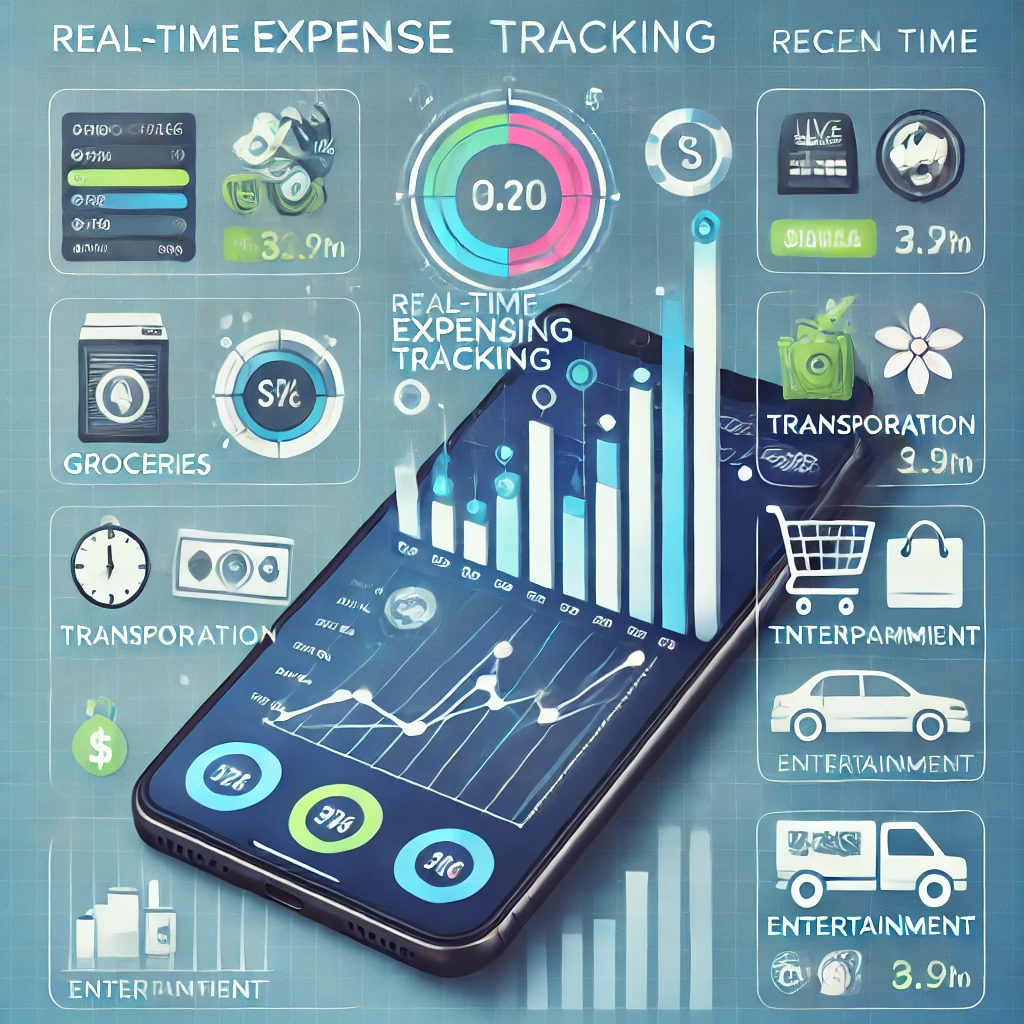Being your own boss
As a freelancer, you’re your boss, which brings flexibility and independence—but also some financial challenges. One of the most critical aspects of freelance life is managing your expenses effectively. Tracking expenses not only helps you understand where your money is going but also plays a crucial role in tax preparation, budgeting, and financial planning. Here’s how you can keep your finances organized and make expense tracking a breeze.

1. Why Tracking Expenses Matters for Freelancers
Expense tracking is essential for freelancers because it impacts every aspect of your business, including:
- Tax Deductions: Properly tracking your expenses can help you take advantage of tax deductions. By keeping detailed records, you can claim deductions for business-related costs like office supplies, software subscriptions, travel, and even a portion of your home office expenses.
- Cash Flow Management: Understanding where your money is going allows you to plan for slow months. Freelance income can be irregular, and knowing your average monthly expenses helps you set aside enough for when business is slow.
- Budgeting and Financial Planning: Clear insights into your expenses allow you to create a budget and set financial goals for the future.
2. Set Up a System for Expense Tracking
To manage your expenses effectively, establish a consistent system. This can involve using digital tools, spreadsheets, or a combination of both. Here’s how to get started:
Use Dedicated Accounting Software
Freelance accounting software like QuickBooks Self-Employed, FreshBooks, or Wave can automatically track your income and expenses. They often come with features that allow you to:

- Link your bank accounts and credit cards for automatic transaction import.
- Categorize expenses based on business needs.
- Generate reports for taxes, cash flow, and profits.
These tools save time and reduce the chances of missing any deductible expenses.
Create a Simple Spreadsheet
If you prefer a manual approach, a basic spreadsheet can also do the trick. Use columns for the date, description of the expense, amount, category (e.g., travel, supplies, software), and whether it’s a tax-deductible item. Update it weekly or monthly to keep things manageable.
Keep Your Receipts Organized
Store all receipts, either digitally or physically. Apps like Expensify and Shoeboxed allow you to scan and digitize receipts, making it easier to track expenses and store records for tax time.
3. Separate Business and Personal Finances
It’s tempting to use your personal bank account for business expenses when you’re just starting. However, separating your finances is crucial for keeping your books in order. Here’s how to do it:
- Open a Business Bank Account: Use a business checking account and credit card for all work-related expenses. This makes it easier to track business transactions without sorting through personal purchases.
- Pay Yourself a Salary: Transfer a set amount from your business account to your personal account each month. This approach can help you manage personal finances more effectively and avoid using your business funds for non-work expenses.

4. Know Which Expenses Are Tax-Deductible
Freelancers can deduct a variety of business-related expenses, including:
- Office Supplies: Items like pens, notebooks, printer paper, and other essentials.
- Software Subscriptions: Tools like Adobe Creative Suite, bookkeeping software, and project management apps.
- Internet and Phone Costs: If you use your phone and internet for work, you can deduct a portion of those bills.
- Home Office Expenses: If you work from home, you may be eligible for the home office deduction, which covers a percentage of rent, utilities, and home insurance.
- Travel and Meals: Expenses incurred for business trips, conferences, or meetings can be deducted.
Understanding which expenses are deductible ensures you’re not leaving money on the table come tax time.
5. Track Expenses in Real-Time
Don’t wait until the end of the month—or worse, the end of the year—to track your expenses. Set aside a few minutes each week to review and categorize your expenses. Real-time tracking helps you spot trends, identify unnecessary spending, and keep your finances up-to-date.
Automate Where Possible
Set up automatic transfers for savings, tax payments, or recurring expenses to avoid falling behind. Tools like Zapier can integrate different apps and automate workflows to save time.

6. Review Your Finances Regularly
Regularly review your expense records to see where you stand. A monthly or quarterly check-in can help you:
- Evaluate Your Spending: Identify areas where you may be overspending and adjust your budget accordingly.
- Prepare for Taxes: Make sure your expense records are up to date, so you’re ready for tax season.
- Plan for the Future: Use insights from your spending habits to set financial goals, whether that’s saving for a big purchase, paying down debt, or planning a vacation.
7. Hire a Bookkeeper if Needed
If expense tracking becomes overwhelming or time-consuming, consider hiring a bookkeeper who specializes in freelance finances. A professional can ensure your records are accurate, give you advice on tax planning, and help you maximize your deductions. Outsourcing this task can free up time for you to focus on what you do best—whether that’s writing, designing, consulting, or any other freelance work.
Conclusion
Expense tracking doesn’t have to be a chore. By setting up a simple system, separating your finances, understanding tax deductions, and reviewing your records regularly, you can stay on top of your finances and enjoy the perks of freelance life without the financial headaches. Remember, the more organized you are, the more money you can potentially save—and who doesn’t love that?
Happy freelancing, and may your financial future be bright and stress-free!
